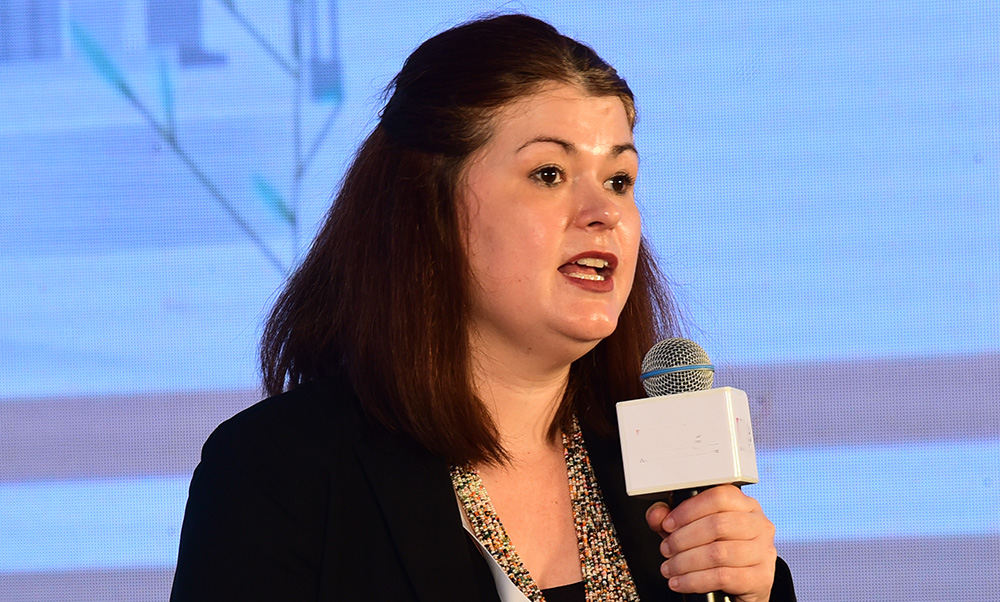The Global Director of The Echo Network discusses the future of sustainability in India and globally
Given that we are all part of one system, it is difficult to think of people as separate systems. The first thing we should do, in my opinion, is to improve our ability for collaborative action, says Shannon Olsson as she shares her views on the future of sustainability in India and across the globe with ET Edge Insights.
While many people talk about collaboration—SDG 17 is about partnerships for goals—I believe that we don’t actually work together. Instead, we need to work on establishing trust between sectors and among individuals within them, as well as between businesses and governments. We need to have more conversations to establish shared objectives that everyone can support, which I believe to be a significant restriction she adds.
Olsson is the Global Director, of The Echo Network, and a chemical ecologist driving conversations on sustainable actions across India’s diverse ecosystems. Excerpts from the interview
What prospects do you see for India rising as an economic powerhouse with its sustainability programs to accomplish climate mitigation? Your thoughts on India becoming a leader in achieving its net-zero goals.
India, in my opinion, is at the forefront of the global sustainability agenda. One of the main factors influencing my 2014 arrival here in India as a scientist. I think India has the right combination of different ecosystems, diverse cultures, a sizable economy, and a democracy to advance the sustainability agenda. I think what needs to be done is to consider sustainability as a fresh approach rather than simply modifying conventional wisdom or mimicking what the West has done. I believe that in order for others to adopt sustainability, we need to develop an Indian model.
What should companies do to drive sustainability within their organisations?
Change is risky, and as you get bigger, you become more risk-averse. I think there is a lot of apprehension about implementing a completely new regime in all activities, whether they involve packaging or not. Numerous ideas and innovators are bringing new solutions to the world in original, sustainable ways. I think that’s what sustainability will look like in the future.
Interviewed by Queenie Nair



